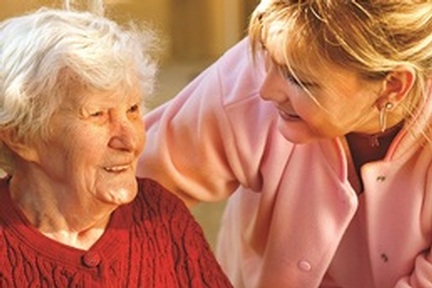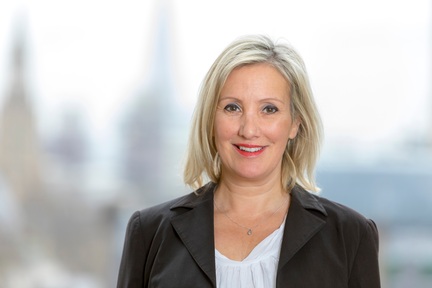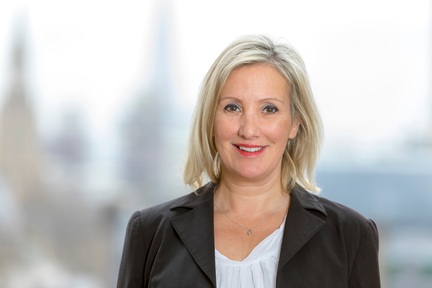Information sharing and technology vital for achieving integrated health and social care system
The Independent Commission on Whole Person Care was tasked by the Labour Party to examine not only whether an integrated healthcare and social care system was the best way forward for the UK, but also, how this system might be implemented. Not an easy task.

The Commission has just published a report with its findings. Firstly, the Commission concluded that an integrated health and social care system that focuses on the individual makes sense and Britain should move towards its implementation.
The vision is that each individual would be helped to navigate the health and social care system, which would allow for a more effective provision of care, at a lower cost. So what is the most effective way to achieve this?
The report highlights that to achieve a more integrated system, there is no need to structurally overhaul our current system: this, it argues, would likely result in the collapse of the NHS.
Rather, the report suggests a series of necessary changes that include everything from more support for carers and better training of health and social care workers, to a more home centred approach and extended primary care services. What is interesting is that the majority of the recommendations have both technology and a better information sharing environment at their core.
From a technological perspective, the commission suggests increasing the role of NHS Choices to promote the development of applications and websites that can meet people’s health needs.
Also, NHS Choices could play a role in helping families stay connected and look after each other even when separated by large geographical distances by allowing relatives to easily access the information of their loved ones.
The Commission suggests that technology would also play a big part in helping to achieve integrated care by affecting where care takes place. Through the effective use of technology, an individual’s homes could be at the centre of care, which is a central vision of integrated, person-centred care for the Commission.
The Commission also highlights the importance of information sharing to transform the system. Firstly, sharing more information is essential. GPs and other healthcare specialists should have ready access to a patient’s data (which you would be forgiven for thinking currently happens, but unfortunately it doesn’t), and the public should also have easy access to reliable sources of easily understandable medical information. After all, it is their health and they should be able to read about it, including any treatments and other care decisions, in an easy to understand and accessible way.
In short, one of the central elements for the successful implementation of integrated care is improved information. This would include:
• Improved information for people, allowing for more informed decisions
• Improved information about people, so that the different organisations in the health and care setting can better coordinate between each other, allowing for improvements and best practice to be achieved across all collaborating sectors
The best way to achieve this is through innovation. Using technology is essentially the key to ensuring information sharing happens quickly, easily and effectively. Whilst it will be crucial to implement the entire package of the Commission’s recommendations to achieve integrated health and social care, putting technology and information at the heart of their recommendations lays a good foundation for creating a health and social care system fit for the 21st century.
Latest Opinion News
 27-Sep-19
Comedian reveals complexities of performing for people with dementia
27-Sep-19
Comedian reveals complexities of performing for people with dementia
 23-Jul-19
Care home residents go wild for 30 days making daisy chains and counting bees
23-Jul-19
Care home residents go wild for 30 days making daisy chains and counting bees
 02-Jul-19
National festival to celebrate care workers
02-Jul-19
National festival to celebrate care workers
 24-Jun-19
Exclusive: Care Minister Caroline Dinenage tells care homes 'loneliness is everyone's business'
24-Jun-19
Exclusive: Care Minister Caroline Dinenage tells care homes 'loneliness is everyone's business'
 16-Apr-19
Exclusive: Care Minister Caroline Dinenage on EU care workers' rights after Brexit
16-Apr-19
Exclusive: Care Minister Caroline Dinenage on EU care workers' rights after Brexit